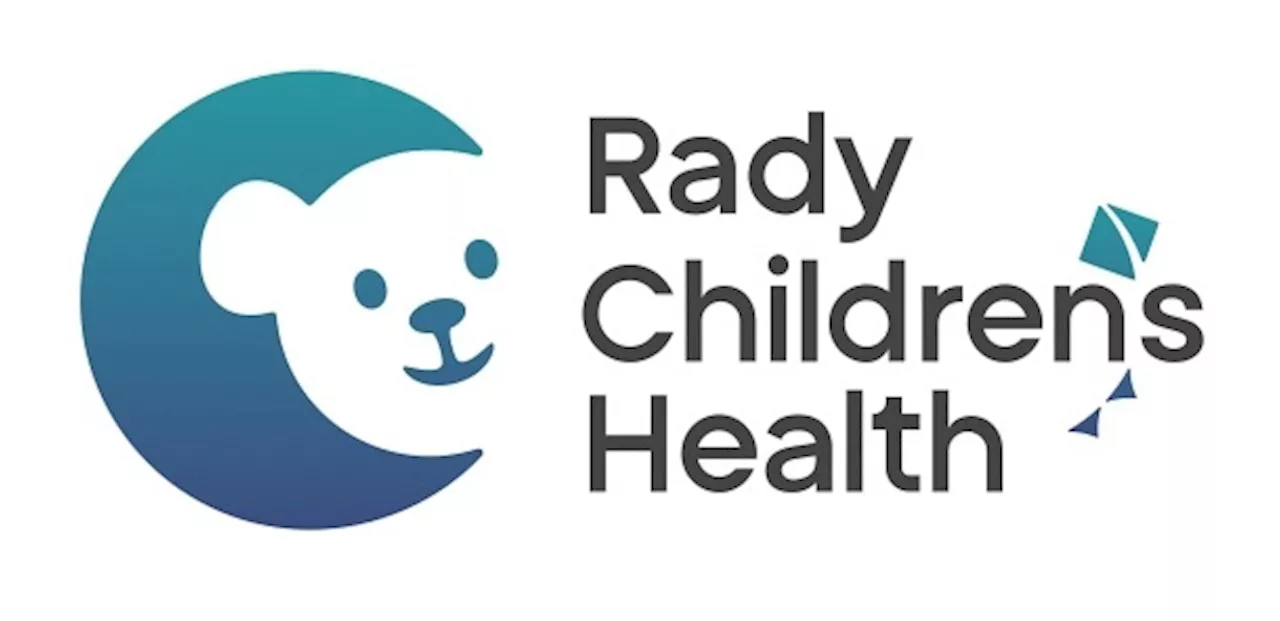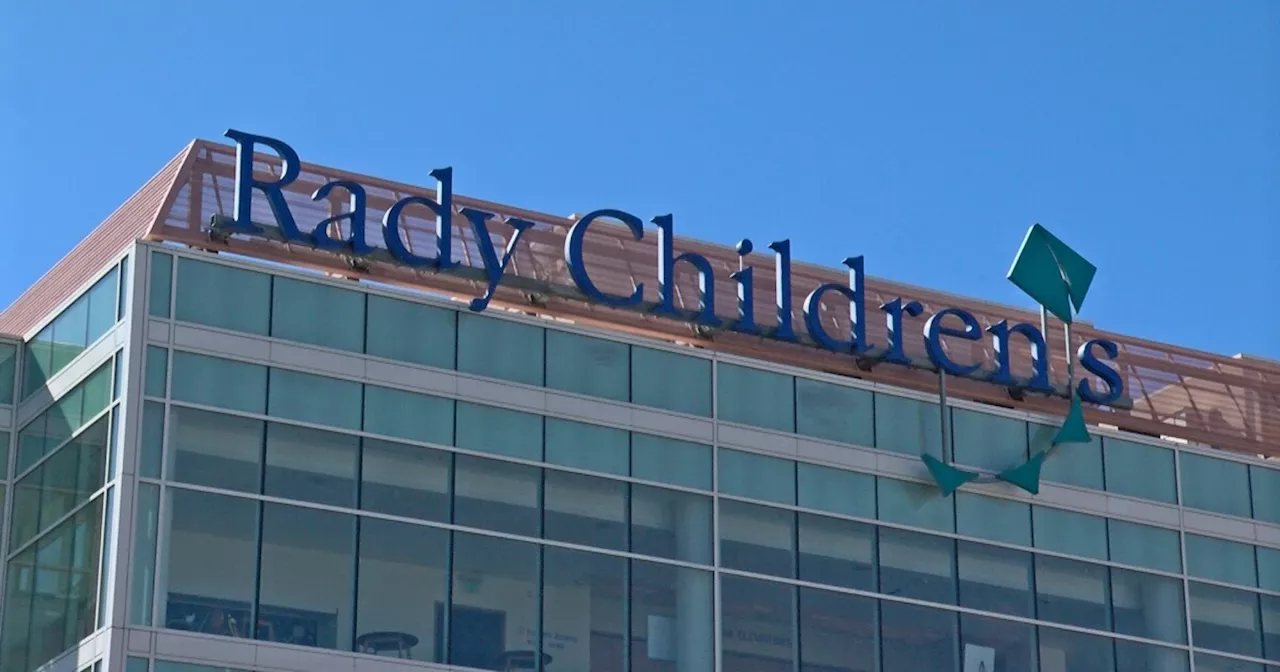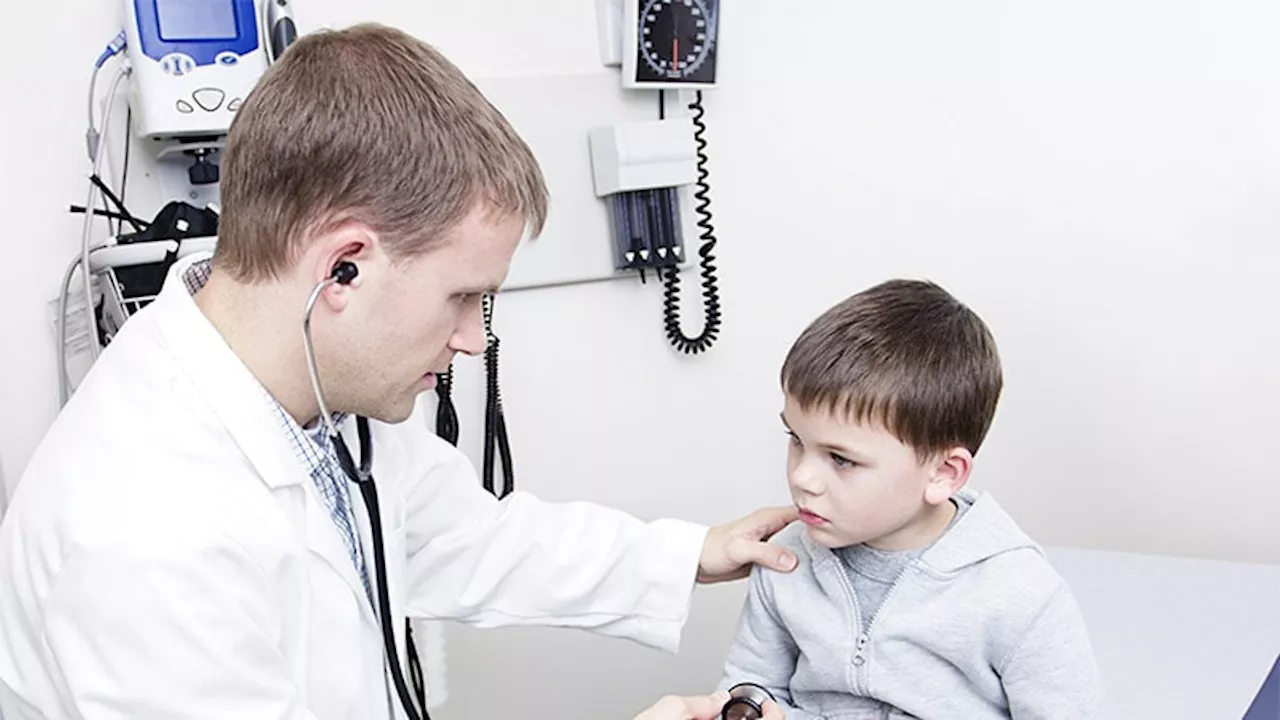Children's Hospital Colorado pioneers a new approach, allowing pediatricians to directly order genetic tests through their electronic health record system. This initiative aims to improve the efficiency of diagnosing genetic conditions and identifying DNA variants in children with neurodevelopmental disorders.
At Children's Hospital Colorado in Aurora, Colorado, pediatricians will soon have a powerful new tool in diagnosing and identifying complex neurodevelopmental conditions like epilepsy, attention-deficit/hyperactivity disorder (ADHD), and autism: genetic testing . Later this year, primary care clinicians and pediatricians at the health system will be able to initiate genetic testing for children with neurodevelopmental and other disorders directly through the electronic health record system.
This streamlined approach aims to make diagnosing genetic conditions and finding DNA variants more efficient. \'Pediatricians are busy. They are seeing lots of patients. They don’t have a lot of time,' said Scott Demarest, MD, a neurologist and medical director of the Precision Medicine Institute at the facility in Aurora, Colorado. 'You have to think about how to make it easy on them, and I think we have the ability from a technology standpoint to start doing that more than we could in the past.' The approach directly addresses a critical challenge in pediatric care: helping busy primary care clinicians efficiently identify and manage neurodevelopmental conditions. At Children's Hospital Colorado, an artificial intelligence algorithm will notify a clinician when genetic testing is recommended. Pediatricians then follow a checklist based on guidelines to order a test, reducing uncertainty, Demarest said. \Major medical centers and hospital systems across the country are opening precision medicine clinics, which tailor medical treatment to the individual characteristics of each patient. These clinics may cater to patients with rare genetic conditions or more common conditions like ADHD, utilizing a range of specialists, from psychiatrists and social workers to neurologists and geneticists. Despite the increasing prevalence of precision medicine clinics, a significant number of children with neurodevelopmental disorders do not receive crucial genetic evaluations that could aid in diagnosis and unveil DNA variations that dramatically alter their treatment plans and quality of life. \Children's Hospital Colorado has witnessed the positive impact of genetic testing firsthand. From genetic testing of children with epilepsy at the health system, they found that between 2016 and 2020, the time from when a child first had a seizure to when they underwent testing decreased from 3 years to 8 months. The percentage of tests that successfully identified a genetic cause for their seizures remained roughly stable (11%-13% over the study period) despite a 292% increase in the average number of tests conducted per month. Over 75% of the genetic variants found to cause disease helped inform clinicians on treatment decisions, Demarest said. \In Kansas City, Missouri, a similar approach spearheaded by the Children's Mercy Hospital has been successful in rural communities, providing primary care clinicians with direct access to genomic testing. Direct-to-provider testing shortened the time to diagnosis by 5.5 months compared with the standard method of first referring patients to a specialist. For instance, genetic testing ordered by a primary care provider showed that the cause of autism and global developmental delay in one patient was caused by a pathogenic variant in a gene. 'We’ve found that directly empowering primary care providers to order genetic tests can uncover undiagnosed genetic disorders in these underserved populations,' said the lead physician. \'There are a lot of patients who are out there that are alone, part of ultrarare communities that don't have foundations, don't have advocacy, don't have anyone really looking into what the etiology of the condition is or how to even manage it,’ said Julian Martinez-Agosto, MD, PhD, an associate professor of genetics at UCLA Health. Martinez-Agosto and his team analyzed data from pediatric patients at UCLA's CARING Clinic, a multidisciplinary clinic that opened in 2015 to evaluate and treat adults and children with neurodevelopmental disorders. Of 246 patients who underwent genetic testing at the clinic, 41% had their care plan changed because of the finding of a genetic variant. Genetic testing led to actionable changes in clinical management including: Referrals to a specialty clinician (69.4%), cascade testing for the patient or their family (30.6%), medical surveillance (30.6%), genetic counseling (22.2%), medication changes (13.9%), and referral to a clinical trial (2.8%). 'We rarely had more than one case with the same genetic diagnosis. The vast majority of them had a unique genetic condition that we never saw again over many, many years,' Martinez-Agosto said. The study findings underscore the need for more widespread adoption of genetic evaluations in pediatric care, Pastinen said. Testing results may explain developmental delays and prompt reproductive planning. Testing may also help uncover risks related to a patient’s condition, including 'Once we diagnose a genetic disorder in a family, it’s not just about managing the immediate patient’s condition,’ Pastinen said. ‘It opens doors to identifying risks for siblings, addressing parents’ questions about recurrence, and pointing families toward the right specialty care,'
Genetic Testing Neurodevelopmental Disorders Pediatrics Precision Medicine Diagnosis Children's Hospital Colorado
United States Latest News, United States Headlines
Similar News:You can also read news stories similar to this one that we have collected from other news sources.
 Science behind genetic testing for identifying risk of opioid misuse remains unprovenOpioid misuse and specifically opioid use disorder (OUD), continues to represent a significant U.S. public health threat, with more than 6 million Americans aged 12 and older meeting the criteria for OUD in 2022. Efforts to ease the crisis have included the development of genetic testing to identify individuals most at risk for OUD.
Science behind genetic testing for identifying risk of opioid misuse remains unprovenOpioid misuse and specifically opioid use disorder (OUD), continues to represent a significant U.S. public health threat, with more than 6 million Americans aged 12 and older meeting the criteria for OUD in 2022. Efforts to ease the crisis have included the development of genetic testing to identify individuals most at risk for OUD.
Read more »
 Rady Children's Hospital and CHOC Merge to Form Rady Children's HealthRady Children's Hospital and Children's Hospital of Orange County have officially merged to create Rady Children's Health, a new healthcare organization serving over 6 million people in Southern California. The merger, which has been in the works for over a year, is contingent upon the new organization meeting 24 conditions, including commitments to continue serving patients on state-sponsored health insurance and providing charity care.
Rady Children's Hospital and CHOC Merge to Form Rady Children's HealthRady Children's Hospital and Children's Hospital of Orange County have officially merged to create Rady Children's Health, a new healthcare organization serving over 6 million people in Southern California. The merger, which has been in the works for over a year, is contingent upon the new organization meeting 24 conditions, including commitments to continue serving patients on state-sponsored health insurance and providing charity care.
Read more »
 Rady Children's, Children's Hospital of Orange County announce mergerChildren's Hospital of Orange County and Rady Children's Hospital San Diego announced a merger Wednesday, combining the two hospitals into a health care system called Rady Children's Health.
Rady Children's, Children's Hospital of Orange County announce mergerChildren's Hospital of Orange County and Rady Children's Hospital San Diego announced a merger Wednesday, combining the two hospitals into a health care system called Rady Children's Health.
Read more »
 Children's Museum of Indianapolis Nominated for Best Children's MuseumThe Children's Museum of Indianapolis is nominated for the 2025 USA TODAY 10 Best for Best Children's Museum. The museum, the largest children's museum in the world, offers a wide range of exhibits, shows, and programs for visitors of all ages. Public voting is open until February 10th.
Children's Museum of Indianapolis Nominated for Best Children's MuseumThe Children's Museum of Indianapolis is nominated for the 2025 USA TODAY 10 Best for Best Children's Museum. The museum, the largest children's museum in the world, offers a wide range of exhibits, shows, and programs for visitors of all ages. Public voting is open until February 10th.
Read more »
 Sonic the Hedgehog 3 Streamlines Cast for Focused StorytellingSonic the Hedgehog 3 shifts focus to the titular character and his adversaries, leading to reduced roles for human characters. This streamlined approach enhances the narrative's clarity and engagement.
Sonic the Hedgehog 3 Streamlines Cast for Focused StorytellingSonic the Hedgehog 3 shifts focus to the titular character and his adversaries, leading to reduced roles for human characters. This streamlined approach enhances the narrative's clarity and engagement.
Read more »
 Google Streamlines Android File Sharing with QR Code IntegrationGoogle enhances its Quick Share feature by adding QR code functionality, simplifying file transfer between Android devices. The update, available in Google Play Services version 24.49.33, allows users to generate a QR code for sharing files, eliminating the need for device verification or contact additions. Recipients can simply scan the code to initiate a secure file transfer.
Google Streamlines Android File Sharing with QR Code IntegrationGoogle enhances its Quick Share feature by adding QR code functionality, simplifying file transfer between Android devices. The update, available in Google Play Services version 24.49.33, allows users to generate a QR code for sharing files, eliminating the need for device verification or contact additions. Recipients can simply scan the code to initiate a secure file transfer.
Read more »
